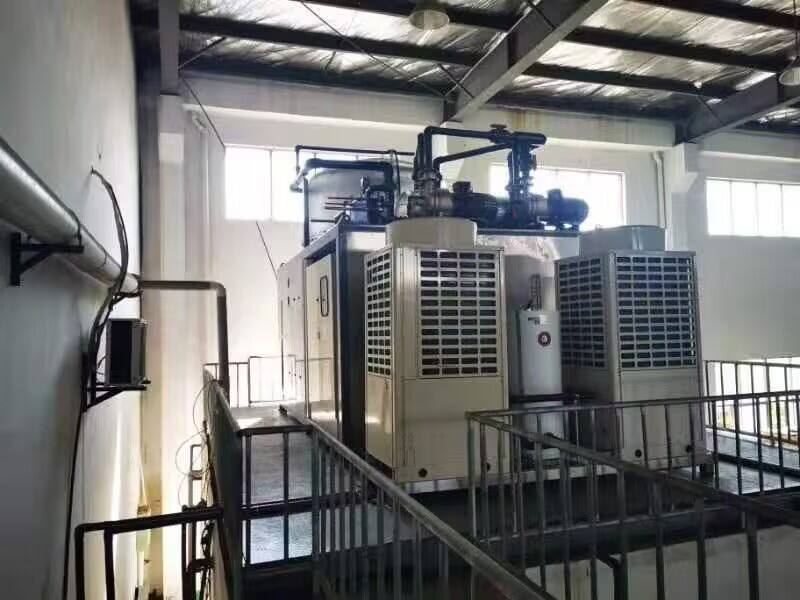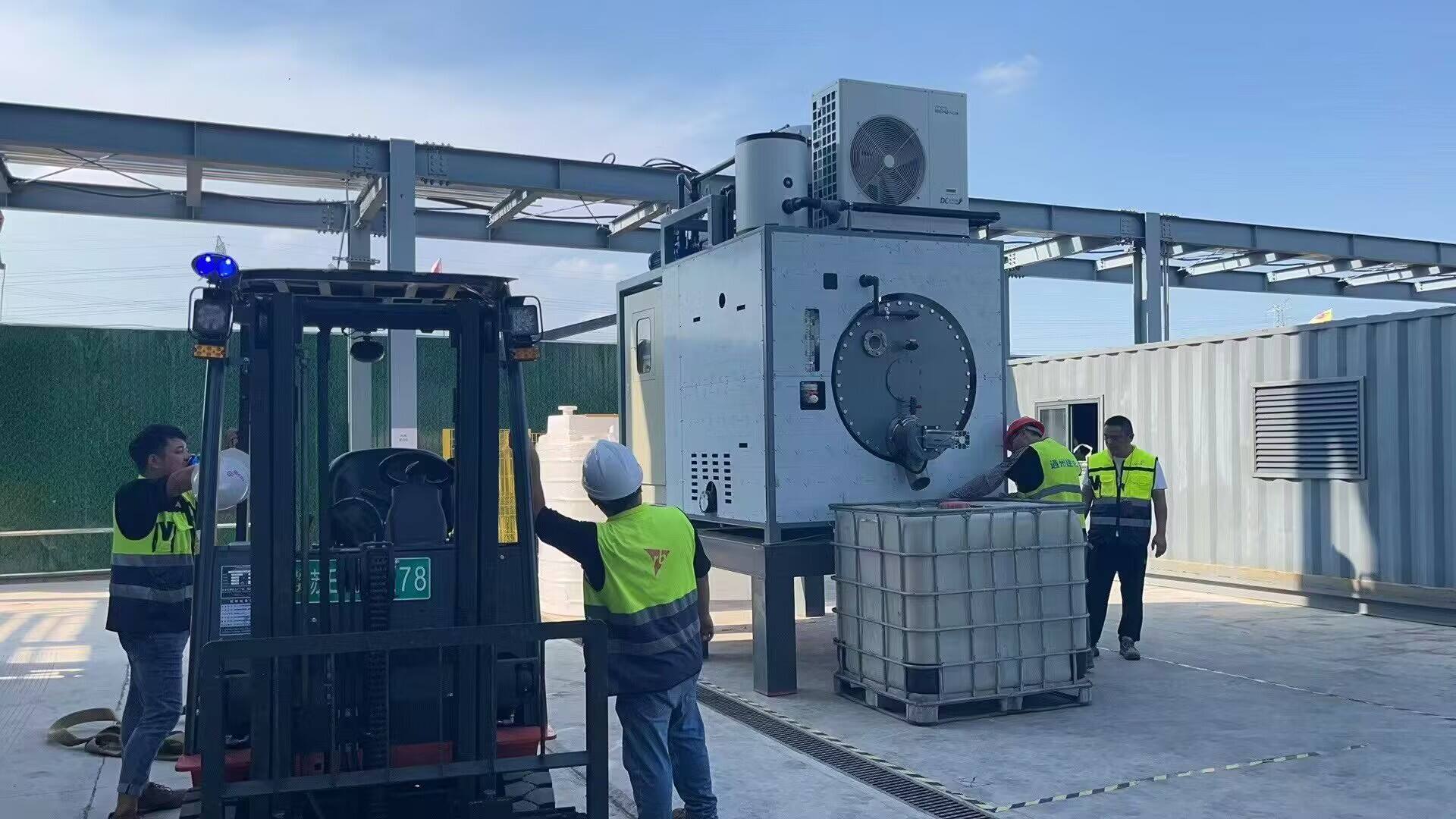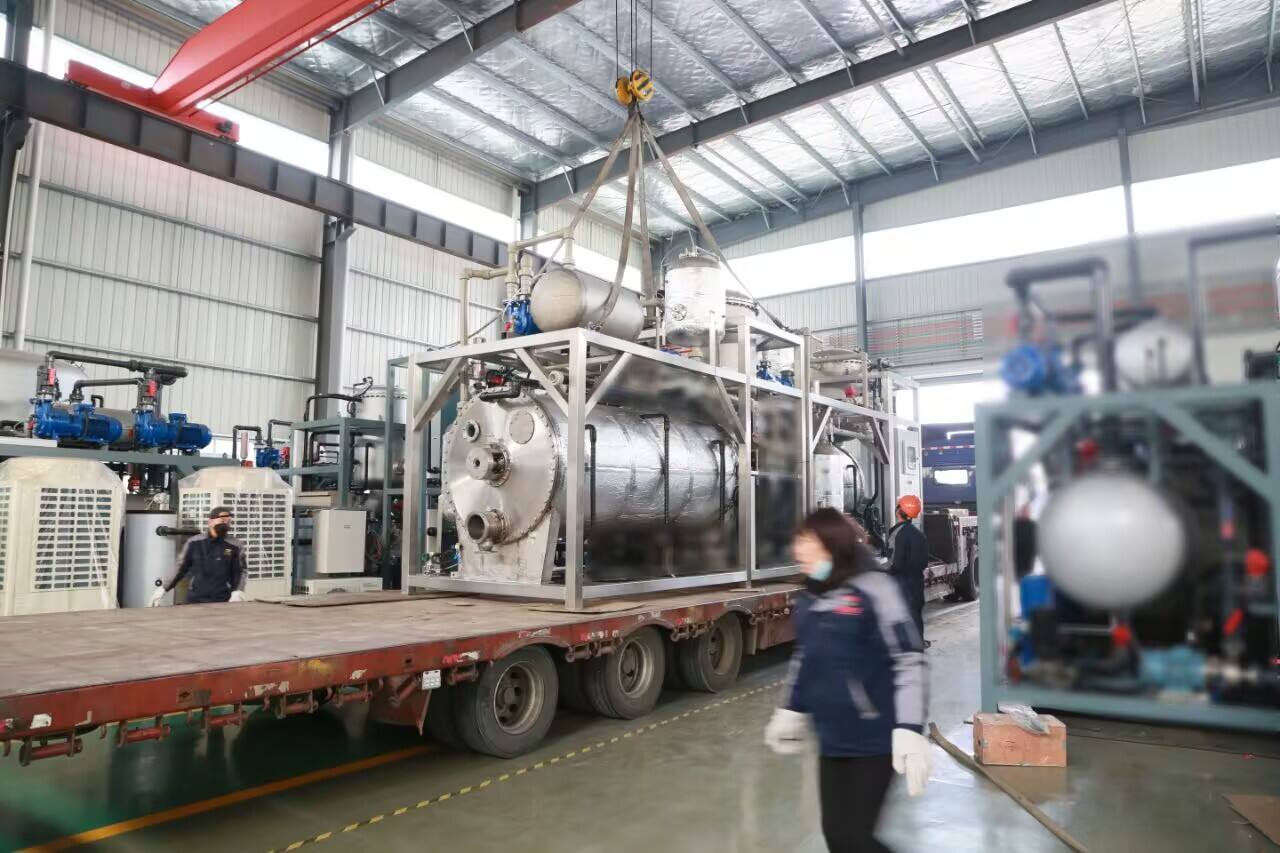oily wastewater treatment
Oily wastewater treatment represents a crucial environmental protection process designed to separate and remove oil contaminants from water streams. This advanced treatment system employs multiple stages of physical, chemical, and biological processes to effectively clean contaminated water. The technology typically incorporates oil-water separation equipment, such as gravity separators, coalescers, and membrane filtration systems, working in concert to achieve optimal purification results. The system can handle various types of oily wastewater, including industrial effluents, machinery cooling water, and petroleum processing waste streams. The treatment process begins with primary separation, where larger oil droplets are removed through gravity separation. This is followed by secondary treatment using advanced coalescence technology to remove smaller oil particles. The final stage often involves membrane filtration or advanced oxidation processes to achieve the highest possible water quality standards. The technology is particularly valuable in industries such as oil and gas, manufacturing, automotive, and marine sectors, where oil-contaminated water is a common challenge. Modern oily wastewater treatment systems are designed to be automated, energy-efficient, and capable of handling fluctuating input volumes while maintaining consistent output quality.


